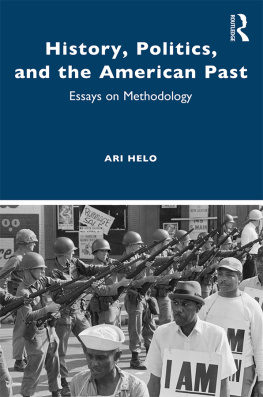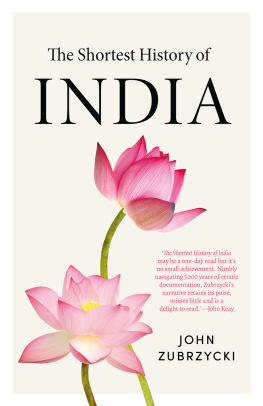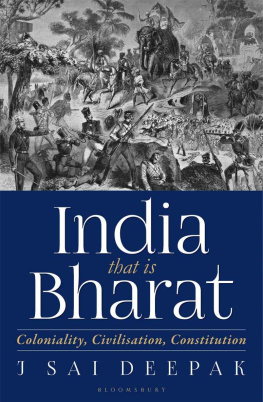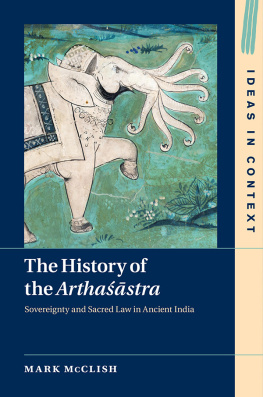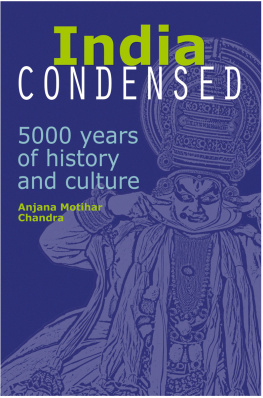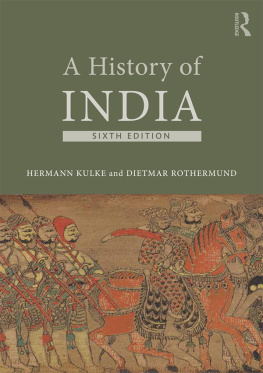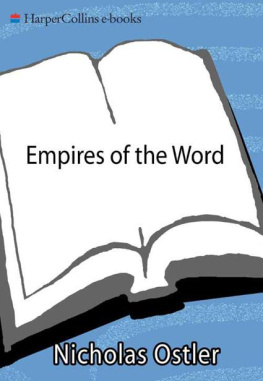In quest of the truth
There was no matter nor anti-matter, there was no air nor sky.
There was no death nor immortality, there was no day nor night.
There was darkness and chaos, everything a void and formless.
Then arose desire, the primal of all traits, discovering existent in non-existent.
They traversed the void and saw what lies within, mighty forces and free energy.
Then one wonders, when was it born and who created the universe, for even the Gods were created later.
Was this created by the Supreme Being, who controls everything?
He surely knows, or maybe not.
Nasadiya Sukta, paraphrased
Contents
To
The seekers
Introduction
Do we know everything? Do we know what truth is? Is science the truth? Or is God the truth? Does the truth lie in sacred books, or does it lie in fiction?
Things people say or write may not be the truth. For we do not know what the truth is, but still the quest of truth has been on, since time immemorial. We have been looking for it everywhere, within ourselves and in others, and in the cosmic realm and in idols. No one has found it. No one knows whether we will ever find it. For the truth is abstract, formless, subjective or perhaps fictitious.
Fiction is stranger than the truth, it exists, perhaps, in the realms of the unknown, the unfathomable. But we also know that those who show the courage of traversing the unknown are rewarded with discoveries and inventions. The journey into the unknown leads us to new lands and exposes us to new people. The journey into the unfathomable makes us wiser. The churning of the unknown throws up both amruta and visha. It is for us to pick what we want and discard what we dont. Should the abstract and formless nature of truth stop us from writing? Probably not.
The quest for truth spills over to our quest of our history. An old civilisation like ours has passed down countless legends, folklores and myths over generations. Some we believe in, some we dont, some we acknowledge and some we reject. Some myths turn out to be facts, and some facts retreat and become myths. But none of these ever-changing truths stop us from exploring our past.
The myth that ours is an ancient civilisation became a fact when the ruins of Harappa were proved to be thousands of years old. The myth of Saraswati became a fact when satellite imagery and study of palaeochannels of Ghaggar-Hakra established that it once drained an area similar to Indus. The fact of Aryan invasion retreated into the mythical realm when no archaeological or genetic evidence was found to substantiate it. But all these new knowledge should not stop us from exploration. The day we accept that we now know what the truth is, we would also stop receiving new information. We will put a stop to our curiosity and learning and would get stuck in a loop, going over the same set of information over and over again.
There are many scholars, historians and archaeologists, who have presented new ideas, countered ideas and presented information after comparison and analysis. The information presented here on Indian history is an attempt to understand the past in the light of new information. I have made an attempt to connect the dots from information presented in isolation, to make sense for history enthusiasts. This work is by no means a claim to academic scholarship but simply a compilation of information available. My attempt is to make history interesting, without using the academic language.
I have attempted to make reading history enjoyable yet authentic. The analogies or inferences I have drawn are based on the apparent relationship between the past and the present. I have endeavoured to be as objective as possible, without looking at facts from any ideological lens.
This book is an attempt in going beyond the academic history of India. We have read a lot about the dynasties, wars, conquest and economy. Seldom do we come across the non-political history of India. What were the Indians doing when they were not fighting a war? What was the contribution of Indians to the society they lived in and the world around them? How foreign cultures viewed India and its diversity? These are questions that need to be answered.
For long, our history books have given disproportionately larger space to the history of north India and its rulers. We read more about the history and politics of the Mauryan and Guptas but have little information on what the people of Peninsular India were doing at that time. For instance, we are told about the mighty Mauryan Empire and its exploits but are seldom told that while the Mauryans were busy expanding their territories, the traders in south and western India were building economic ties with places as far away as Rome and China.
We read about the cultural influence of India on its neighbours as a footnote, while the real story is full of adventure and enterprise of people from eastern India. We hardly come across the seafarers of Kalinga and Muziris who took Indian produce and culture halfway across the world, sometimes at a great economic cost to their foreign trade partners.
The non-political contribution of India in philosophy, medicine, literature, mathematics and astronomy has become the subject of ridicule and mocking, rejected as a nationalist fantasy. The connection between Indian philosophy and achievements in science, mathematics and arts is hardly acknowledged or recognised.
This book brings all the lesser-known aspects of Indian history into its folds and presents to the readers an account of Indian history that goes beyond popular kings and their exploits.
Acknowledgements
I thank Dr. B. R. Mani, former Director General of National Museum, Delhi. His insights on various aspects of the Kushan rule, its extent and extensive archaeological findings helped me understand the enormous contribution of the Kushans in areas of religion, trade and social life during their rule.
I am grateful to Dr. Amarendra Nath, former Director at Archaeological Survey of India, for his help and guidance in understanding the archaeology of various Harappan sites, the process of exploration, excavation and preservation. I also thank him for providing me with his insights through the various papers he wrote on the Harappan practices of internment. His work has yielded significant information on various aspects of the Harappan lifestyle, especially in the SaraswatiDrishadvati valley.
I thank my dear friend Elina Majumdar for taking out time to suggest the flow and structure of this book, which helped me immensely. I would also like to thank my friend Mayank Gulati for taking time out to help me with the creatives for the cover and the book trailer. I would have been clueless had Runa Mukherjee not helped me negotiate the realms of editing. Suvajit was kind enough to design the graphics for the cover and I cant thank him enough.
I am thankful to Kaushik Bose who encouraged me to follow my passion for history and turn it into a book. I also thank all those people who listened to my concepts, approach and content and gave their feedback to improve my work.
I am eternally grateful to my parents who gave me a decent education.
First footprints on Indian soil
We have all read about the rise of Homo sapiens, the modern humans, in the African Rift Valley. This happened during the last Ice Age, some 200,000 years ago. The early humans were hunter-gatherers and subsisted on game meat and forest vegetation. Such subsistence required them to move around in search of food and thus was born the first nomad group. Though we as the 21 st -century humans are well rooted and close-knit as a society, our nomadic instincts still prevail. Vacations to distant cities and countries, the desire to camp under the sky, going on a jungle safari, are all probably a way to satiate our primal instincts to wander.


